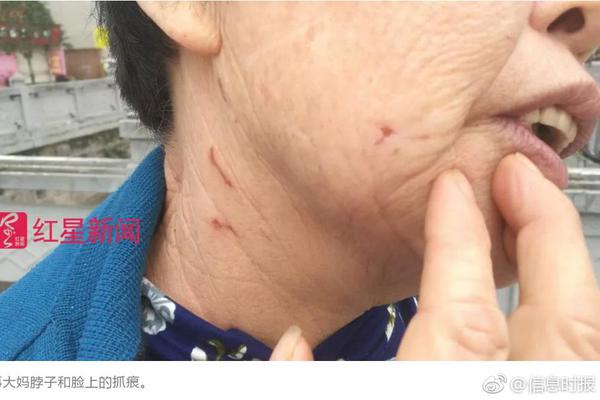【???? ?????? ?????? ????????】CAPAC Members Support Nomination of Mitsuye Endo for Presidential Medal of Freedom

WASHINGTON — On May 30, Congressional Asian Pacific American Caucus (CAPAC) Chair Rep. Judy Chu (D-Pasadena), CAPAC Second Vice-Chair Rep. Mark Takano (D-Riverside), CAPAC Freshman Representative Rep. Jill Tokuda (D-Hawaii), CAPAC Executive Member Sen. Mazie Hirono (D-Hawaii), and CAPAC Executive Member Rep. Doris Matsui (D-Sacramento) sent a letter along with 14 other CAPAC members to President Biden expressing their support for the posthumous nomination of Mitsuye Endo Tsutsumi for the Presidential Medal of Freedom.
After the attack on Pearl Harbor, the U.S. government forced more than 120,000 people to leave behind their homes, businesses, and nearly everything they owned and incarcerated them in some of the most desolate locations in the western U.S. This imprisonment was based solely on their Japanese ancestry. Four people — Fred Korematsu, Gordon Hirabayashi, Minoru Yasui and Mitsuye Endo Tsutsumi — challenged this incarceration in court.
Despite the legal significance of Endo’s case, which forced the government to close the camps and allowed thousands of Japanese Americans to return to the West Coast, only Korematsu, Hirabayashi, and Yasui have received the Presidential Medal of Freedom.
The full text of the letter follows.
=*=
Dear President Biden,
As members of the Congressional Asian Pacific American Caucus (CAPAC), we write with wholehearted support for the posthumous nomination of Mitsuye Endo Tsutsumi for the Presidential Medal of Freedom. It is past time her courage and determination in challenging the incarceration of Japanese people during World War II be acknowledged and honored with the nation’s highest civilian award.
After the attack on Pearl Harbor, the U.S. government forced 120,000 people to leave behind their homes, businesses, and nearly everything they owned and incarcerated them in some of the most desolate locations in the western United States. This imprisonment was based solely on their Japanese ancestry and in a presidential proclamation has been called “one of the most shameful chapters in our nation’s history.”
Four brave people stood up and legally challenged this incarceration. Three of these challengers, Fred Korematsu, Gordon Hirabayashi, and Minoru Yasui, were all men who lost their cases at the U.S. Supreme Court. Decades after losing at the Supreme Court, their cases were revisited and their convictions were overturned. All three men have received the Presidential Medal of Freedom; the last was bestowed on Minoru Yasui in 2015, posthumously.
The fourth challenger to the incarceration, Mitsuye Endo Tsutsumi, was the only case brought by a woman. Although her case is less well-known, her case was legally significant because in a unanimous decision, the U.S. Supreme Court sided with Endo, forcing the government to close the internment camps and allowing thousands of Japanese Americans to return to the West Coast.
This outcome is all the more significant because when given the opportunity for an early release, Endo refused, knowing her release would end her legal challenge. Her sacrifice and dedication to “the good of everybody” led to victory and justice for thousands.
In recent years, Endo’s selfless courage has gained more attention but continues to be overlooked. She is the only challenger to the government’s incarceration that has not received the Presidential Medal of Freedom. It has been nearly 26 years since Fred Korematsu received his medal and nearly 80 years since Endo won her legal victory for Japanese Americans.
Mitsuye Endo Tsutsumi should no longer be overlooked. Her bravery and unswerving dedication to justice should be recognized with the Presidential Medal of Freedom.
We thank you for your time and attention on this important matter for our caucus, and we look forward to working with you.
=*=
In its biography of Endo, Densho explains why her case is not as well known as those of
Korematsu, Hirabayashi and Yasui: “In subsequent years, she kept a low profile, rebuffing interview requests with the exception of a very brief oral history that appeared in the anthology ‘And Justice for All’ in 1984.
“Because she was victorious in her suit, she was not a part of the coram nobiscases of the 1980s that brought renewed attention and fame to three other legal resisters, Gordon Hirabayashi, Fred Korematsu, and Min Yasui.
“Even her own daughter didn’t know of her role in history until learning about it in her twenties.
“Mitsuye Endo Tsutsumi lived in Chicago for the rest of her life and died of cancer on April 14, 2006.”






Related Articles